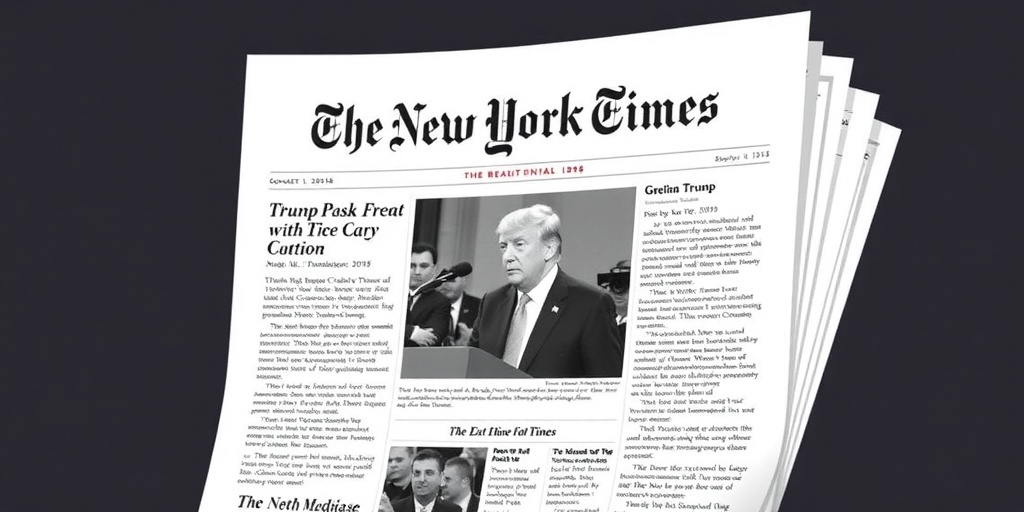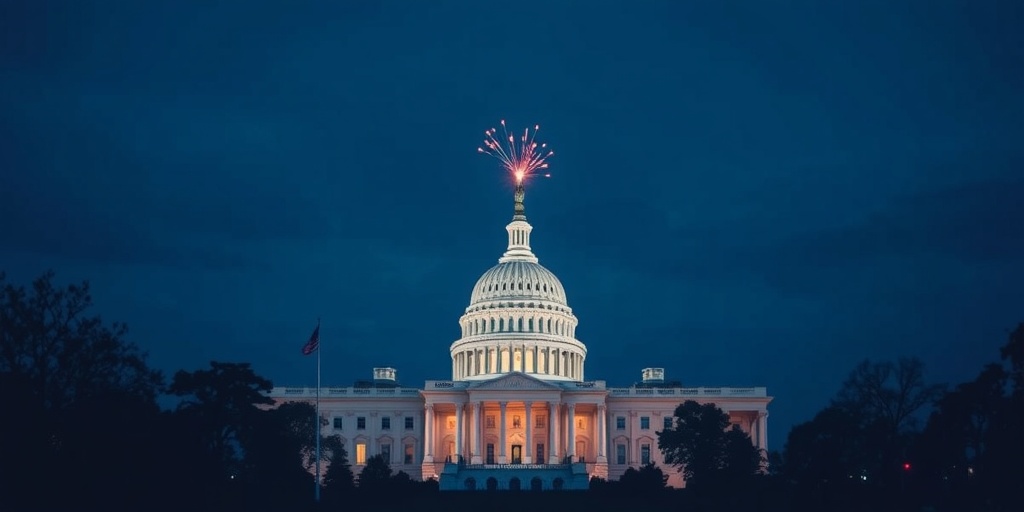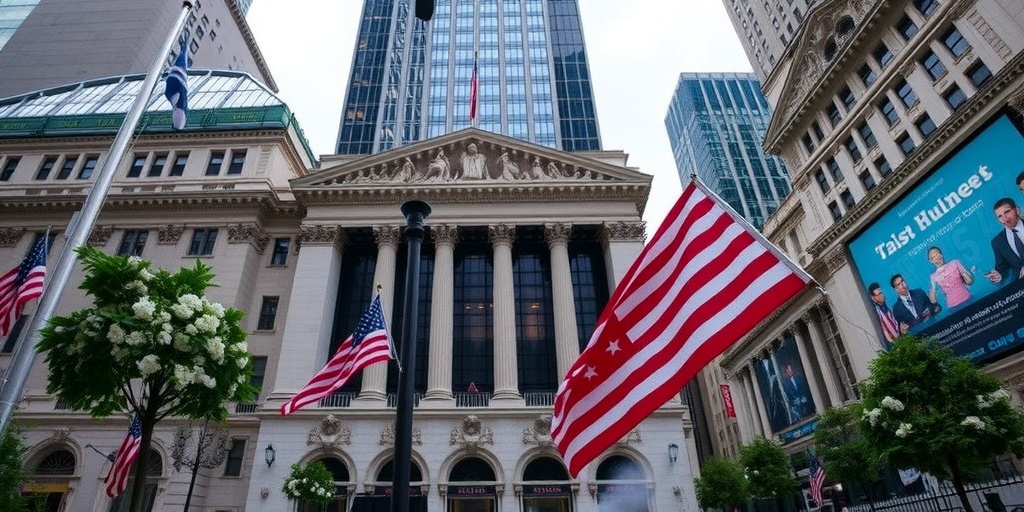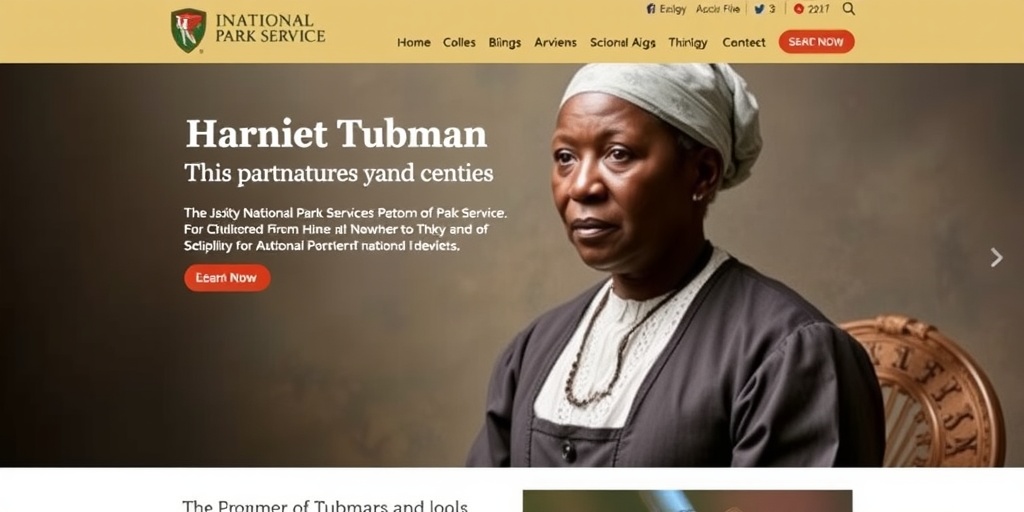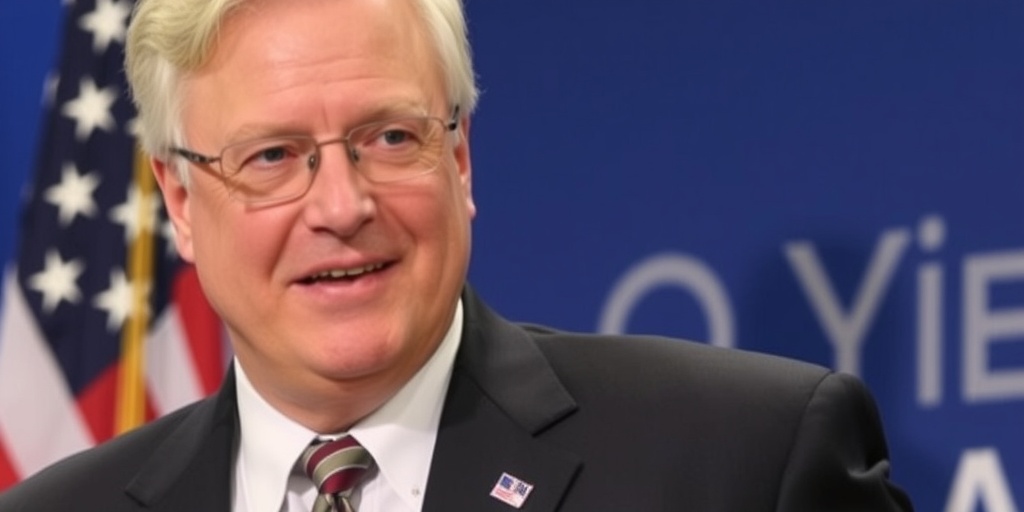Now Reading: Glenn Youngkin on D.E.I., Trump’s Tariffs, and 2028 Run Potential
-
01
Glenn Youngkin on D.E.I., Trump’s Tariffs, and 2028 Run Potential
Glenn Youngkin on D.E.I., Trump’s Tariffs, and 2028 Run Potential
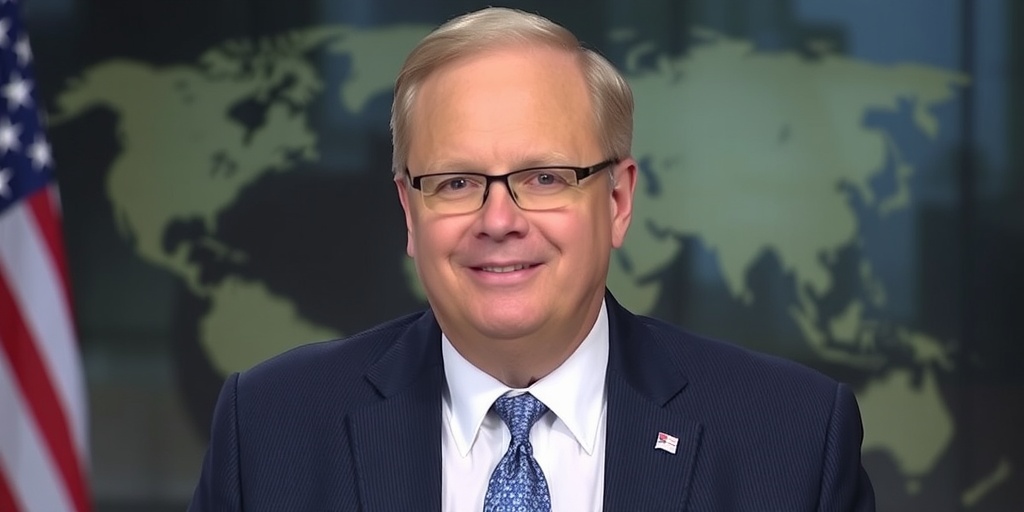
Governor Glenn Youngkin Discusses Diversity, Tariffs, and Future Political Aspirations
In a recent interview, Virginia Governor Glenn Youngkin, who previously served as a co-CEO at Carlyle Group, reflected on his evolving views on diversity, equity, and inclusion (DEI) programs, the impact of former President Trump’s tariff policies, and his potential aspirations for a presidential run in 2028. His comments highlight a notable shift from his previous advocacy for diversity during his tenure in private equity.
Five years ago, Youngkin was a prominent voice in advocating for the importance of diversity in the workplace, asserting that creating a diverse talent pool is crucial for any successful organization. "When you are building a world-class talent pool, you have to make sure that you are looking everywhere for it. And in order to do that, you will embrace a diverse work force that is inclusive," he stated. He emphasized the notion that diversity of thought and experience enriches an organization, helping it to succeed in a competitive landscape.
However, Youngkin’s stance on diversity has notably shifted since he took office as governor. He criticized what he sees as the radicalization of DEI initiatives, arguing that they have strayed from their original intent. "It has been the radicalization of those concepts of diversity, equity and inclusion that have fundamentally altered the merit of celebrating a diverse workforce," he remarked. Youngkin pointed to disruptions in education during the pandemic—from the exclusion of parents in critical discussions regarding gender issues to teaching practices that he believes demean some students while elevating others—as turning points in his perception of DEI. “When we saw teaching practices that demeaning and demoralizing one group of students at the expense of another, that’s fundamentally wrong. Things changed—materially, fundamentally changed—from embracing the benefits of a diverse workforce to a mantra that emphasized equal outcomes at all costs.”
His comments also sought to counter perceptions that he has shifted politically to align more closely with the modern Republican Party. Some former colleagues from Carlyle have expressed surprise at his transformation, yet Youngkin maintains that his core beliefs about respect, equality of opportunity, and meritocracy remain steadfast. "I so firmly reject the premise that the radicalized DEI of today represents anything that aligns with embracing the merits of diversity of thought, diversity of experience, and a diverse workforce," he asserted.
Adding another layer to the conversation, Youngkin was asked about his thoughts on former President Trump’s tariff policies, which have garnered mixed reviews from various economists and investors. "No one should be surprised that President Trump has aggressively embraced tariffs," he noted, asserting that reciprocal tariffs are vital for rebalancing trading relationships. Youngkin believes that Virginia is poised to attract businesses eager to operate on a tariff-free basis, especially if they choose to domicile in the state. While he acknowledged a need for rebalancing trade negotiations, he refrained from directly endorsing the tariffs, reiterating the complexity of the situation: "There is a necessary rebalancing of our trade negotiations or trade relationships that needs to happen."
Amid discussions of his future, Youngkin faced pointed questions regarding a possible run for president in 2028. He responded lightheartedly, “Oh my gosh, Katie, you couldn’t help yourself, could you?” Demonstrating a commitment to his current position, he emphasized his focus on serving Virginians as he approaches the remaining months of his term. "I have said many times that I do believe that folks that worry about their next job before they’ve finished their current one have their priorities misplaced."
Youngkin’s recent remarks reflect not only his political philosophy but also underscore the ongoing debates around DEI, education, and economic policies in contemporary American politics. As he continues to navigate his role as governor while weighing national ambitions, his perspective will likely play a significant role in shaping conversations within the Republican Party and the broader political landscape moving forward.
Stay Informed With the Latest & Most Important News
Previous Post
Next Post
-
 01New technology breakthrough has everyone talking right now
01New technology breakthrough has everyone talking right now -
 02Unbelievable life hack everyone needs to try today
02Unbelievable life hack everyone needs to try today -
 03Fascinating discovery found buried deep beneath the ocean
03Fascinating discovery found buried deep beneath the ocean -
 04Man invents genius device that solves everyday problems
04Man invents genius device that solves everyday problems -
 05Shocking discovery that changes what we know forever
05Shocking discovery that changes what we know forever -
 06Internet goes wild over celebrity’s unexpected fashion choice
06Internet goes wild over celebrity’s unexpected fashion choice -
 07Rare animal sighting stuns scientists and wildlife lovers
07Rare animal sighting stuns scientists and wildlife lovers













